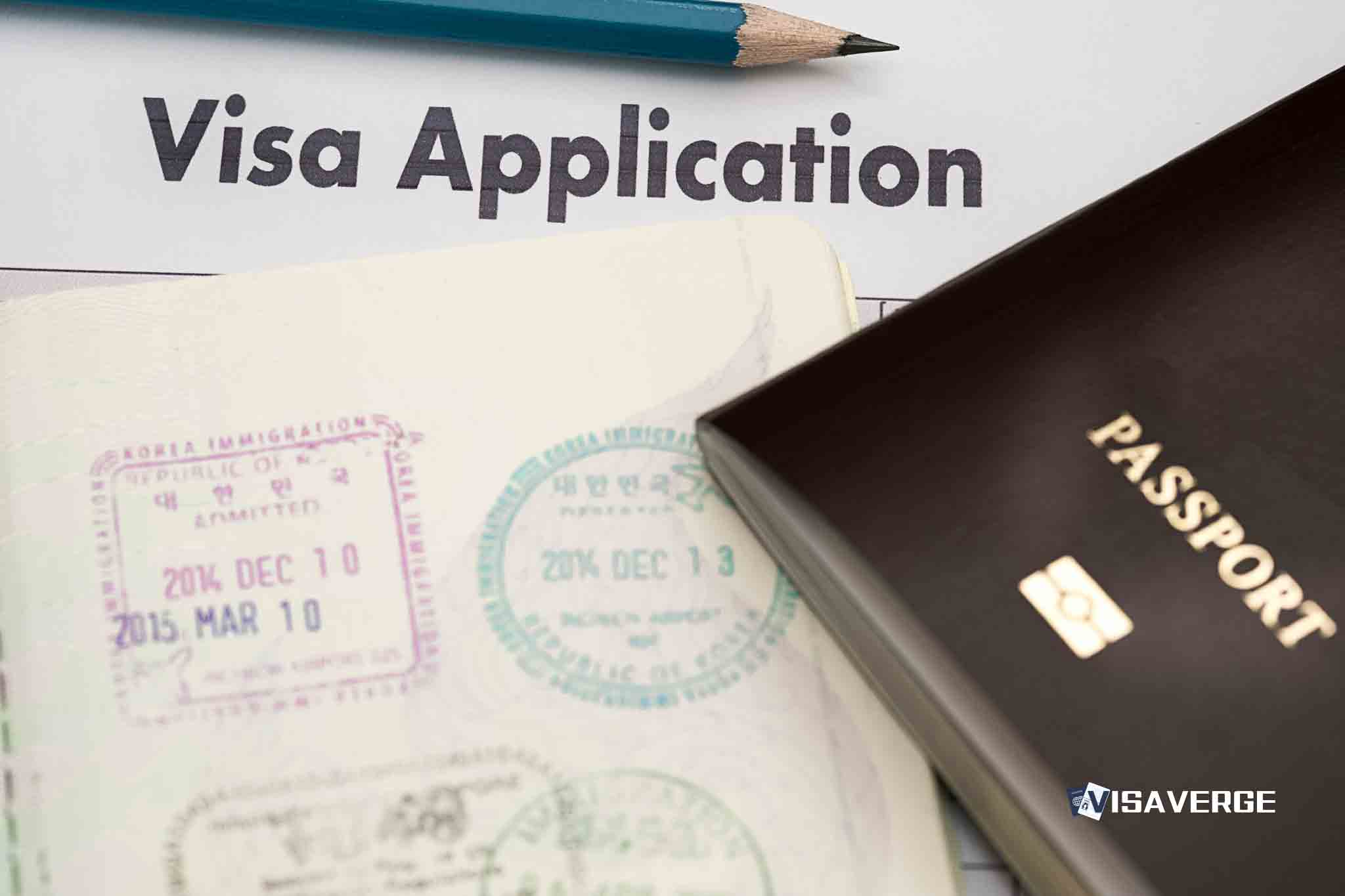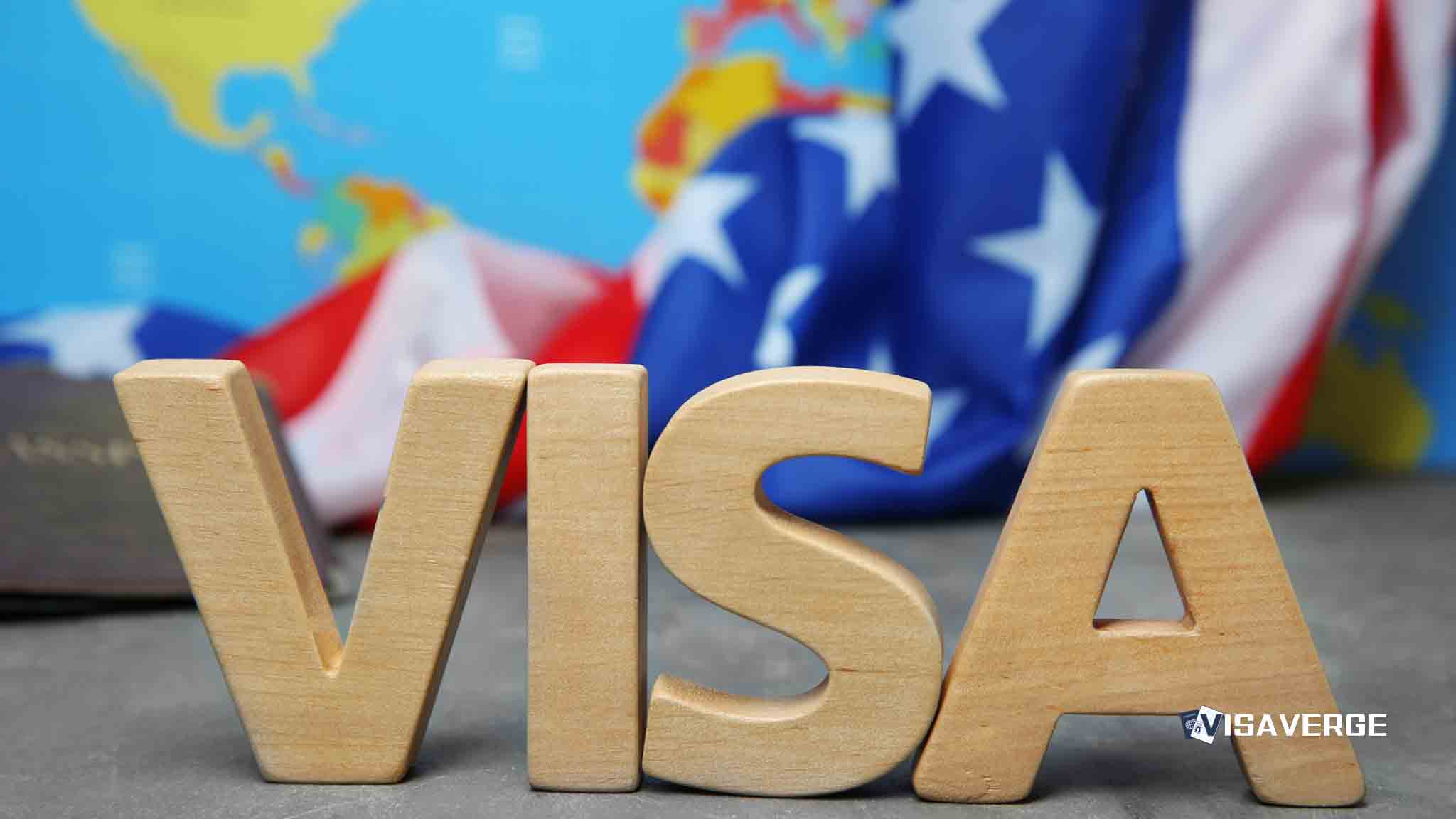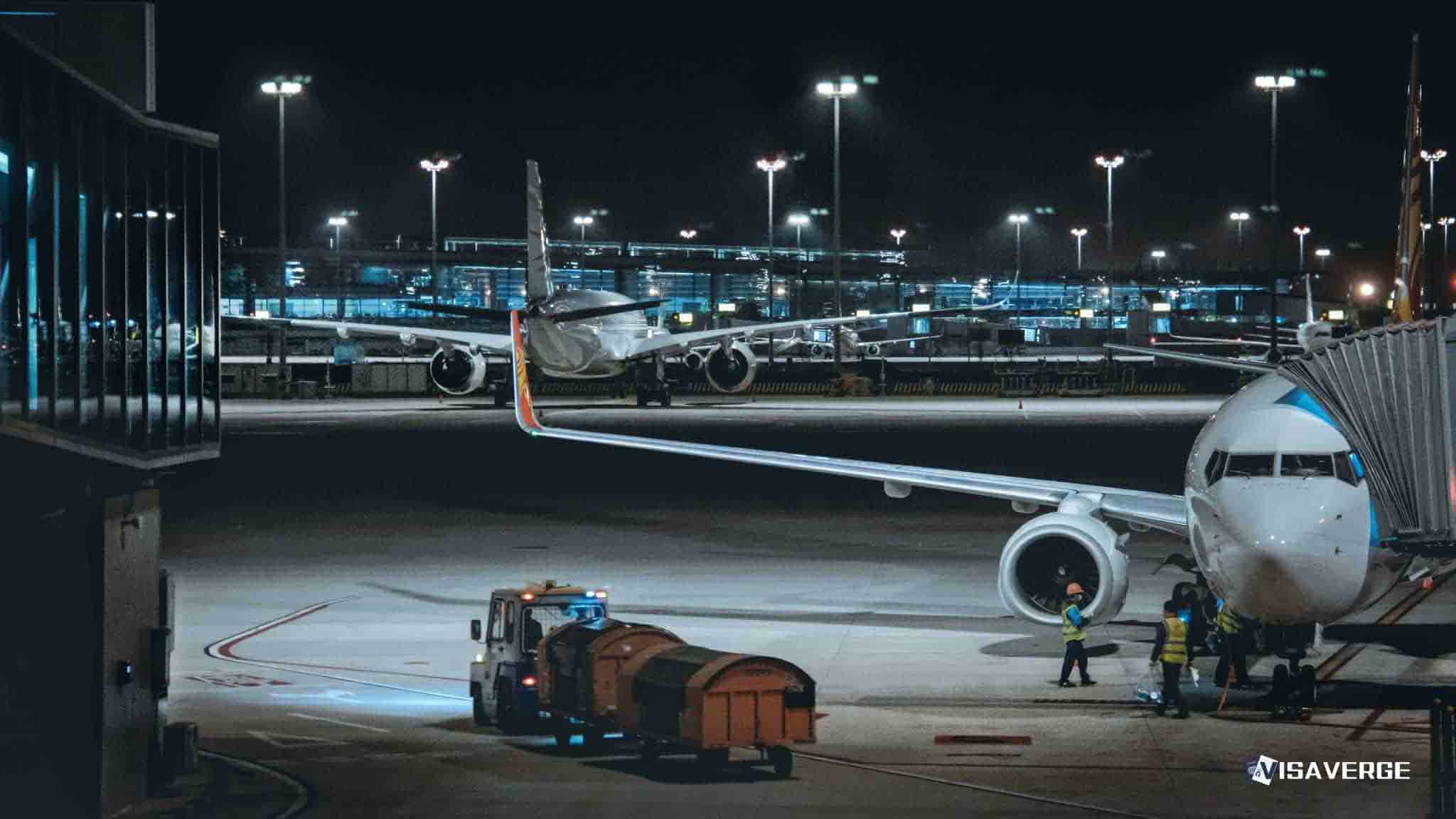Six leading study destinations confirmed in 2025 that husbands, wives, and partners of foreign students can still join them through dependent visas, but the rules and work rights vary widely, and one country has tightened access. The United Kingdom has clarified approval rules for Student route dependants, Canada has narrowed eligibility for spouse open work permits, the United States maintains its split treatment for F-2 and J-2 dependents, and Australia, Germany, and New Zealand continue policies that let spouses live with students, often with work rights. For families weighing where to study and live together, the differences matter: they affect who can apply, whether a spouse can work, and how long a family can stay together.
The United Kingdom’s Home Office moved in July 2025 to align Student route dependants with other Points-Based System rules, confirming that a partner’s Spouse Visa (dependent partner visa) will be granted only if the main student’s application is approved. Canada’s most recent change took effect on January 21, 2025, restricting family open work permits to spouses of master’s students in programs of at least 16 months, doctoral candidates, or spouses in select eligible programs; dependent children of foreign workers no longer qualify for open work permits. The United States reports no major policy changes this year: F-1 and J-1 students’ spouses and minor children remain eligible for F-2 and J-2 visas, with F-2 spouses barred from work and J-2 spouses able to apply for work authorization. Australia, Germany, and New Zealand continue to allow partners to live with student visa holders and generally allow work, offering predictability for families who want to stay together during a degree program.

United Kingdom officials and Canadian leaders say these rules aim to manage immigration while keeping family unity in view. For families, the practical questions come first: who can apply as a dependent, which courses make a spouse eligible, and what proof do authorities require. According to analysis by VisaVerge.com, Canada’s early-2025 changes stand out as the tightest shift among the major destinations, while the United Kingdom’s July clarification is about process certainty rather than a new restriction.
Policy Changes Across Six Countries
United Kingdom
- Partners of certain student visa holders can still apply for dependent visas.
- Policy covers spouses (or partners in a civil partnership or similar relationship) of:
- Government-sponsored students on courses longer than 6 months.
- Postgraduate students in programs at RQF level 7 and above, with emphasis on postgraduate research.
- Postgraduate research students (e.g., PhD candidates or research-based higher degrees) starting on or after January 1, 2024 qualify.
- Dependants must supply evidence of the relationship, such as a marriage or civil partnership certificate.
- In July 2025, the Home Office clarified that a dependent partner’s application will be granted only if the main student’s visa is approved—aligning dependants with the broader Points-Based System approach.
- For official guidance, see the UK government’s student visa page: https://www.gov.uk/student-visa
Canada
- Changes effective January 21, 2025, restrict family open work permits to:
- Spouses of international students enrolled in master’s programs of 16+ months,
- Doctoral candidates, or
- Spouses in select eligible programs identified by authorities.
- Spouses must show proof of the student’s enrollment and program eligibility.
- Dependent children of foreign workers no longer qualify for open work permits under this policy.
- Open work permits usually match the study permit’s length; existing permits remain valid until expiry.
- Government framed the change as preserving immigration integrity and managing levels more carefully.
United States
- No major policy shift in 2025; treatment still split by visa category:
- Spouses and unmarried minor children of F-1 students: F-2 visas (F-2 spouses cannot work).
- Spouses and minor children of J-1 exchange visitors: J-2 visas (J-2 spouses may apply for work authorization).
- Dependents must be listed and maintained in SEVIS; each dependent receives their own Form I-20 (F-1/F-2) or Form DS-2019 (J-1/J-2).
- Visa interviews are generally required for dependents ages 14–79.
- Official form references:
- Form I-20 information: https://www.ice.gov/sevis/i20
- DS-2019 information: https://j1visa.state.gov/participants/how-to-apply/about-ds-2019/
Australia
- Continues to allow spouses of student visa holders to live and work in Australia for the duration of the student’s course.
- Partners can apply as dependants or, in some cases, as Student Guardians.
- No major rule changes reported for 2025.
Germany
- Maintains a broad family reunification policy.
- Spouses of international students can apply for a family reunification visa and are generally allowed to work without restrictions.
- No restrictive changes reported in 2025.
New Zealand
- Continues to allow the spouse or partner of an international student enrolled in a program of at least 12 months to apply for a partner visa with work rights.
- Partner visa durations usually match the student visa, simplifying timelines.
- No new restrictions reported in 2025.
Across all six countries, the main threads are clear: work rights vary by destination and program level, minimum course length matters (UK 6 months, NZ 12 months, Canada 16+ months for master’s), and paperwork remains crucial—especially in the U.S., where each dependent must be documented in SEVIS.
Impact on Students, Partners, and Employers
Practical effects by country
- United Kingdom:
- The July 2025 clarification ties dependent partner approval to the main student’s approval.
- Couples should coordinate filings and prepare relationship evidence early (e.g., marriage certificate).
- UK still allows spouses of qualifying postgraduate students to join for the length of the course.
- Canada:
- The January 2025 change means a master’s must be 16+ months for the spouse to get an open work permit.
- Doctoral programs and select programs still qualify.
- Dependent children of foreign workers no longer get open work permits.
- Existing open work permits remain valid until expiry.
- United States:
- Clear split: F-2 spouses cannot work; J-2 spouses can apply for authorization.
- Each dependent needs an
I-20(F-2) orDS-2019(J-2); interviews usually required for ages 14–79. - Only spouses and unmarried minor children qualify as dependents.
- Australia, Germany, New Zealand:
- Generally more straightforward: spouse dependents commonly have work rights.
- Germany: spouses can work without restrictions after family reunification.
- New Zealand: partner visa with work rights when course ≥ 12 months; durations typically match the student visa.
Why it matters
- If a spouse can work, household income can offset tuition and living costs.
- If a spouse cannot work, families must rely on savings or sponsorship.
- Program length and visa category become critical family decisions, not just academic ones.
Three core practical steps for applicants
- Proving the relationship
- Most countries require a marriage or civil partnership certificate.
- Keep originals and certified translations where needed.
- Proving the student’s enrollment
- Offer letters, enrollment confirmations, and in the U.S., the issuance of an
I-20orDS-2019for each dependent.
- Offer letters, enrollment confirmations, and in the U.S., the issuance of an
- Meeting program thresholds
- Minimum course length or level often decides spouse eligibility (UK 6 months, NZ 12 months, Canada master’s 16+ months).
Choosing between destinations — key comparisons
- Canada
- Strong if the student’s program is qualifying: master’s 16+ months, doctoral, or select eligible programs.
- Not an option for spouse work if a master’s is under 16 months.
- United States
- Good if the student is on J-1 (spouse can be J-2 and seek work authorization).
- Not suitable for spouse work if the student is F-1 (spouse would be F-2).
- United Kingdom
- Practical for spouses of postgraduate students on qualifying courses and government-sponsored students on courses > 6 months.
- July 2025 rules bring process certainty—dependent approval follows main student approval.
- Australia
- Consistent spouse work rights for dependants of student visa holders; attractive for postgraduate families.
- Germany
- Clear path with spouses generally allowed to work without restrictions after family reunification.
- New Zealand
- Partner work rights available for student courses ≥ 12 months; partner visas align with student visa length.
Example scenarios:
– A 12-month master’s in New Zealand: spouse qualifies for a partner visa with work rights (course meets 12-month threshold).
– The same 12-month master’s in Canada: does not meet Canada’s 16+ months threshold—spouse would not qualify for an open work permit (rules effective January 21, 2025).
– A doctoral program in Canada: spouse qualifies for an open work permit.
– In the U.S., families must check whether the program is F-1 or J-1—the difference decides the spouse’s ability to work.
Documents and employer considerations
- Required documents
- U.S.: each dependent must have their own
I-20(F-2) orDS-2019(J-2), tied to the main student’s SEVIS record. See https://www.ice.gov/sevis/i20 and https://j1visa.state.gov/participants/how-to-apply/about-ds-2019/ - UK: relationship evidence (marriage or civil partnership certificate) is expected.
- Canada: proof of enrollment and program eligibility under the January 2025 rules.
- U.S.: each dependent must have their own
- Employers’ perspective
- Canada and New Zealand: spouses with open work permits can work across sectors.
- Germany: spouses can work without restrictions—useful for employers seeking skilled workers.
- Australia: spouse dependants typically have work rights—useful for local labour markets.
- United States: employers can hire J-2 spouses with employment authorization, but not F-2 spouses.
- United Kingdom: employers should verify the individual’s right to work, though eligible spouses generally have work rights.
Practical checklist for families
- Check the country’s program threshold
- UK: at least 6 months
- NZ: at least 12 months
- Canada (master’s): 16+ months; doctoral qualifies
- Confirm the visa category
- US: F-1/F-2 vs. J-1/J-2 matters for spouse work rights
- Gather relationship evidence
- Marriage or civil partnership certificate; keep originals and translations
- Match application timing
- In the UK, partner’s case depends on the main student’s approval (July 2025 clarification)
- Plan for work rights
- If spouse cannot work (e.g., F-2), prepare a budget; if they can work, plan the job search timeline
Summary and final guidance
- Canada narrowed spouse open work permit eligibility in January 2025, making program length and level decisive.
- The United Kingdom’s July 2025 clarification ties dependent approvals to main student approvals—process certainty rather than a new substantive bar.
- The United States retains the long-standing F-2 (no work) / J-2 (possible work authorization) split.
- Australia, Germany, and New Zealand remain steady, generally providing spouse work rights when students meet program thresholds.
The core message: student routes are structured so families can stay together when the student meets minimum program level or length, and spouses often can work—but the exact outcome depends on the month counts, visa category, and form numbers. Plan around those details, prepare evidence early, and file the main student case correctly so dependent applications follow under the 2025 rules. For up-to-date official guidance, refer to the government pages cited above and check each country’s immigration authority before filing.
Frequently Asked Questions
This Article in a Nutshell
In 2025, Canada tightened spouse open work permit rules (master’s 16+ months or doctoral), the UK tied dependent approval to main student approval (July 2025), the US kept F-2/J-2 distinctions, while Australia, Germany and New Zealand continued allowing spouse work rights subject to program thresholds.








